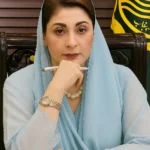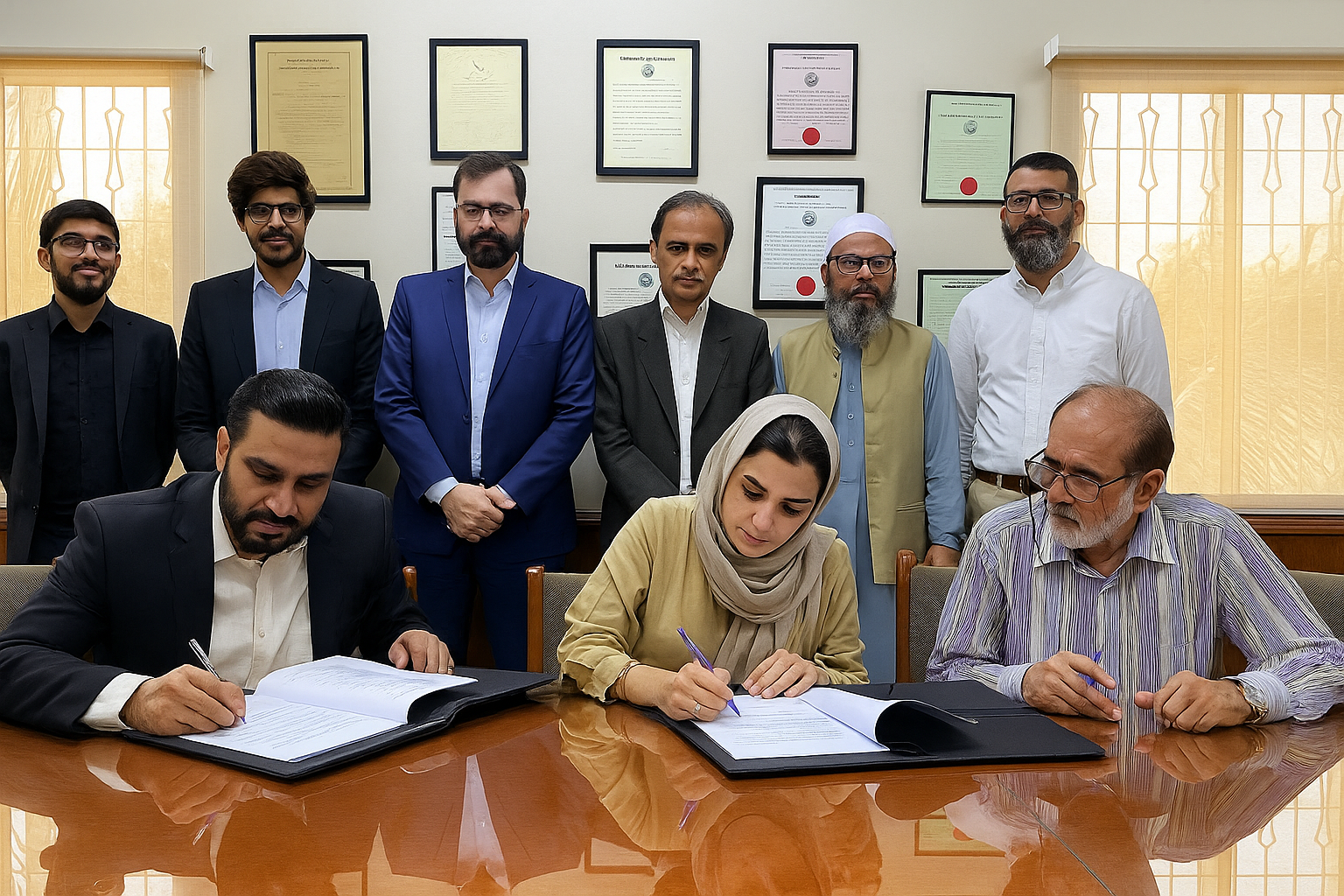Religious scholar and reformist Muhammad Ali Mirza was taken into what police described as “preventative custody” from his academy in Jhelum on Tuesday. The detention came a day after reports of his arrest surfaced, sparking debate across social media and in religious circles. Officials confirmed that the action was taken under Section 3 of the Maintenance of Public Order (MPO) ordinance.
According to Jhelum Deputy Commissioner Muhammad Meesam Abbas and District Police Officer Ahmed Mohiyuddin, the decision to detain Muhammad Ali Mirza was made after a viral video featuring some of his remarks allegedly stirred fears of sectarian unrest. Authorities insisted that the detention is not a criminal arrest but rather a preventive step to ensure peace and security in the district.
Legal Grounds for Detention
Under Section 3 of the MPO, authorities have the power to detain individuals without formal charges if their actions are deemed potentially harmful to public safety or order. Officials explained that Muhammad Ali Mirza’s statements were assessed as potentially incendiary, necessitating immediate intervention.
Punjab Police clarified that no criminal charges have been filed against Muhammad Ali Mirza. Instead, the 30-day detention order was signed by the Jhelum deputy commissioner. As part of the same order, Mirza’s Islamic Academy in Jhelum was sealed to prevent any gatherings that could escalate tensions.
https://freedompakistan.com.pk/
Concerns of Sectarian Unrest
Authorities argued that the detention was “inevitable,” pointing to the possibility of sectarian tensions following the circulation of Mirza’s video. The Punjab Police stated that provocative rhetoric by religious figures has historically led to violence, and they acted preemptively to avoid such an outcome.
Interestingly, some acquaintances of Muhammad Ali Mirza told media outlets that he himself agreed to go into custody if it meant preventing bloodshed or unrest. This stance reflects Mirza’s reputation as a controversial yet pragmatic voice who has often emphasized non-violence despite fierce criticism from rival groups.
Complaints from Religious Scholars
The immediate trigger for this detention, according to district officials, was a written complaint filed by a group of local religious leaders. On Sunday, the delegation met the Jhelum deputy commissioner, demanding legal action against what they termed “controversial statements” made by Muhammad Ali Mirza in the viral video.
This complaint added pressure on local authorities, who were already monitoring online reactions. Fearing escalation, the administration invoked the MPO to contain the situation before it spiraled into sectarian clashes.
History of Legal Trouble
This is not the first time Muhammad Ali Mirza has found himself at odds with the law. His first notable clash occurred in May 2020, when he was charged with making derogatory remarks about prominent religious scholars. That case eventually saw him released on bail, but it cemented his status as a polarizing figure.
Again, in 2023, Muhammad Ali Mirza was booked under a blasphemy charge following another controversial statement. The charge drew widespread condemnation from his supporters, who argued that his words had been misinterpreted or deliberately distorted by opponents.
These recurring legal battles underscore the friction between Mirza’s reformist approach and more traditional religious circles.
Surviving Assassination Attempts
Beyond legal troubles, Muhammad Ali Mirza has also faced serious threats to his life. He has survived three assassination attempts—in 2019, 2021, and 2023. In the most recent case, a madrasa student stormed his research academy with a knife, allegedly intending to kill him.
His critics, including groups like Tehreek-e-Labbaik Pakistan (TLP), have consistently called for action against him. At one point, the TLP even announced a bounty of Rs500,000 for anyone who could assassinate Muhammad Ali Mirza. These repeated threats highlight the danger he continues to face due to his outspoken views.
Supporters Rally Behind Muhammad Ali Mirza
Despite the controversies, Muhammad Ali Mirza has a sizable following, particularly among young Pakistanis and overseas Pakistanis who view him as a reformist voice advocating critical thinking in religious matters. His supporters argue that his detention under the MPO reflects the intolerance faced by scholars who challenge orthodox interpretations.
Social media platforms were abuzz with mixed reactions following the news of his detention. While some critics applauded the government’s move to maintain order, many of his followers decried it as an attempt to silence dissenting voices.
Preventative Detention vs. Arrest
Legal experts have pointed out the distinction between “preventative detention” and a formal arrest. In the case of Muhammad Ali Mirza, the absence of criminal charges indicates that the state is not pursuing prosecution but rather preemptively removing him from the public domain to neutralize potential unrest.
However, critics argue that such provisions are often misused to suppress free expression. They question whether detaining a scholar for statements—without due process—sets a troubling precedent for freedom of speech in Pakistan.
Broader Implications for Religious Debate
The detention of Muhammad Ali Mirza underscores the broader challenges Pakistan faces in balancing freedom of expression with the need to prevent sectarian violence. Religious debate in the country often spills into highly sensitive territory, and the state is forced to intervene when tensions flare.
Observers note that Mirza’s case is emblematic of how modern reformist voices collide with entrenched orthodox groups. His growing popularity has amplified this clash, with every statement scrutinized by supporters and detractors alike.
Conclusion: A Polarizing Figure at a Critical Moment
The detention of Muhammad Ali Mirza has once again highlighted the precarious line between reform and provocation in Pakistan’s religious landscape. For some, he is a much-needed modernizer unafraid to question centuries-old traditions. For others, he represents a disruptive force who challenges established norms and fuels discord.
What is clear is that Muhammad Ali Mirza continues to command national attention, whether through his teachings, legal cases, or survival of assassination attempts. His current 30-day detention under the MPO may temporarily remove him from the public stage, but it is unlikely to diminish the debates surrounding his influence.
As Pakistan grapples with maintaining order while safeguarding free expression, the case of Muhammad Ali Mirza will remain a focal point in discussions about the future of religious scholarship and dissent in the country.












